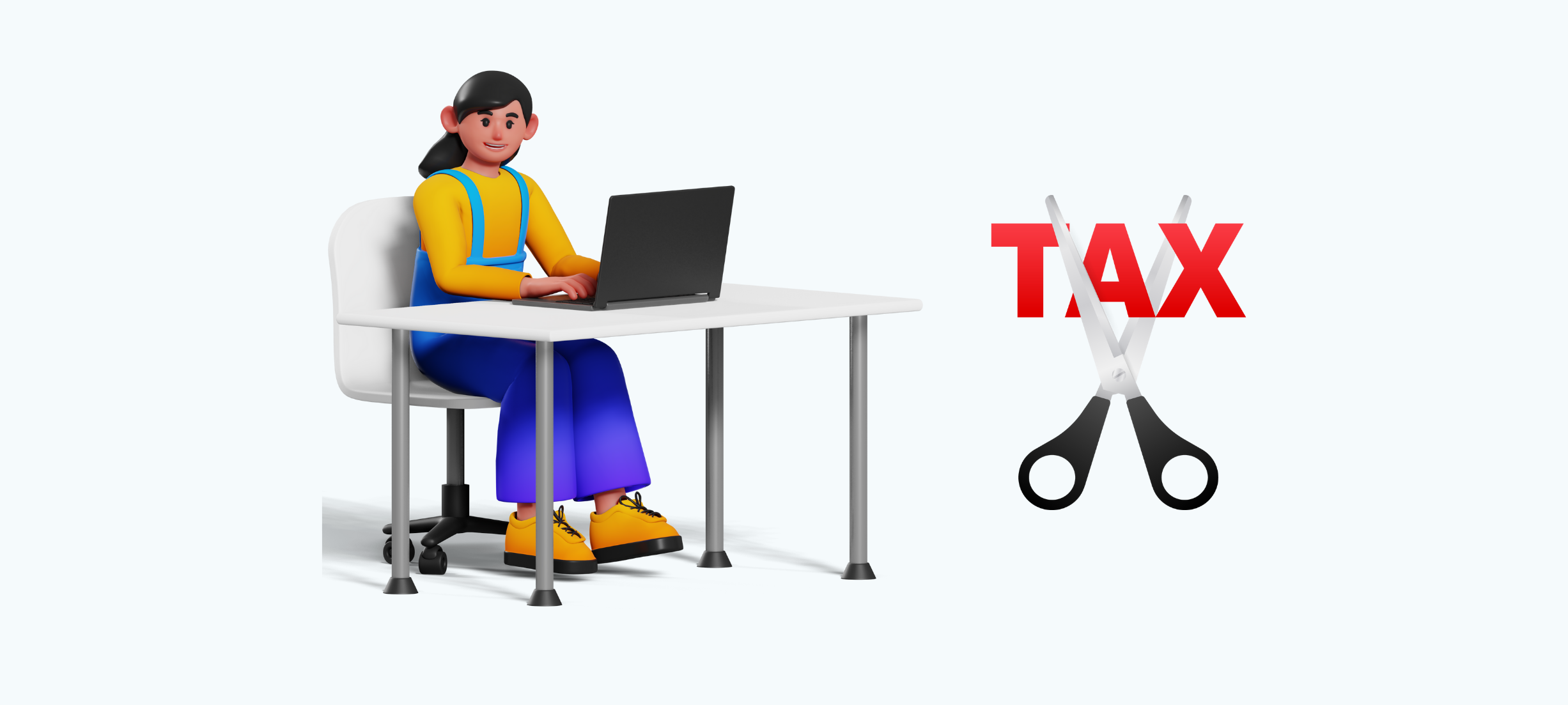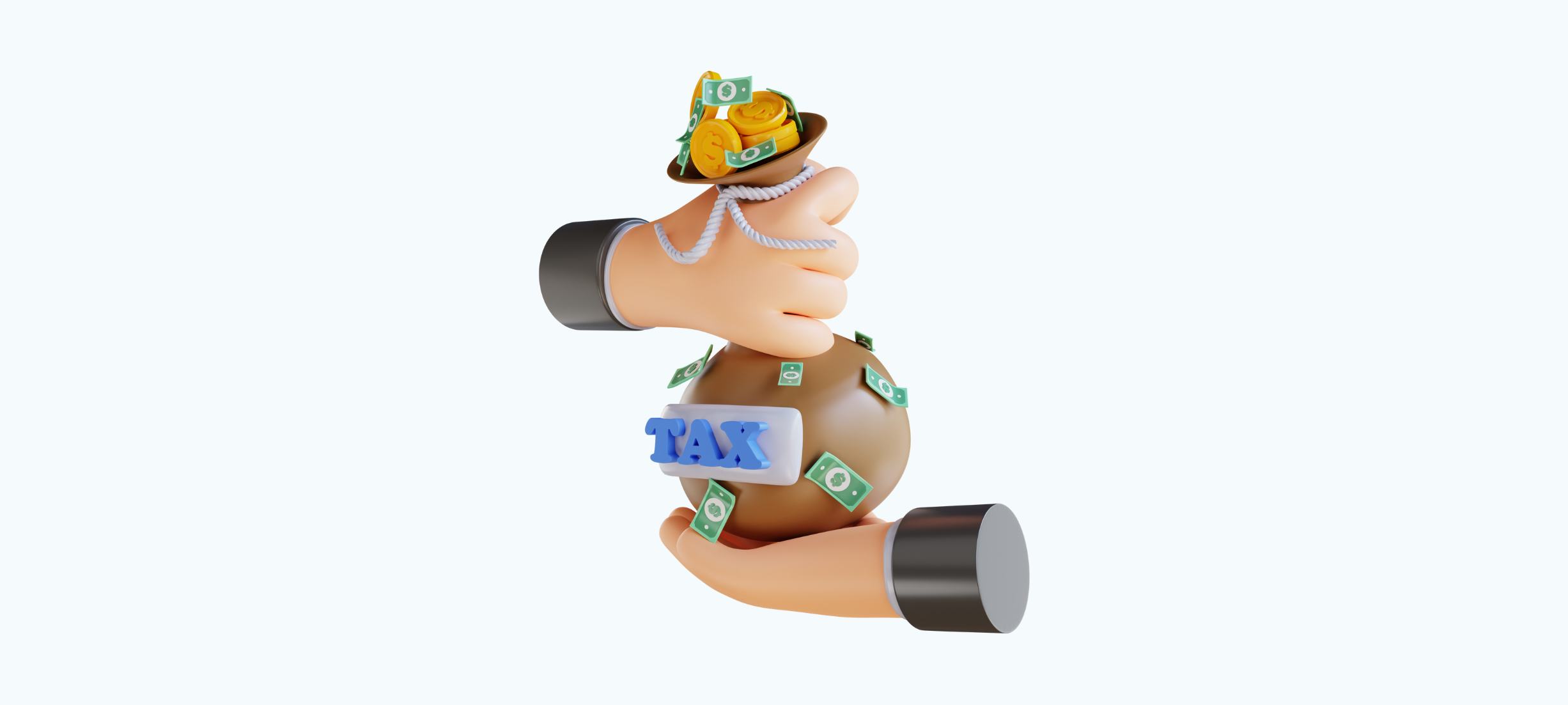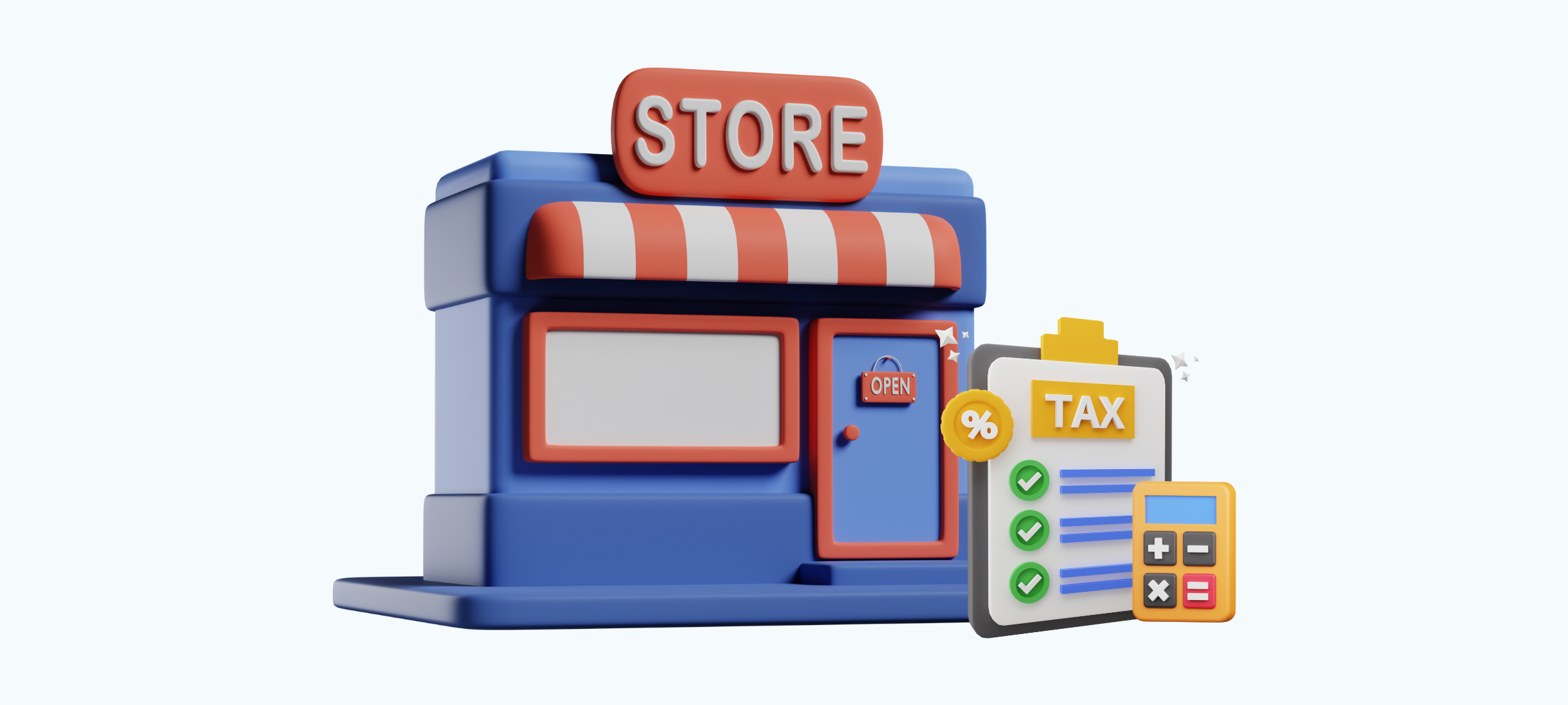
Dealing with tax debt is stressful for small business owners, especially when you do not know how the IRS might collect what you owe. The most likely concern here is whether the IRS can take money out of your bank account without notice. The answer is no-there is actually a process the IRS follows with multiple warnings before they are allowed to withdraw the funds from the account.
Step-by-step how the collection process for the IRS works is as follows:
To begin with, the IRS sends a bill, so you are aware that there is money owed. This notice of your tax debt usually indicates ways to pay it off, such as a payment agreement and one-time pay off.
If there is no response to the first notice, more notice will appear and each of which intensifies the urgency feeling in the case. This stage starts at the level of phone calls or even a visit from an IRS revenue officer. These officers are responsible for direct collection of taxes owed by taxpayers who have not responded to previous notices.
As things go sour, the IRS will likely file a federal tax lien on your property. A lien is some kind of a legal right granted to the IRS so that in case you sell your property or even go bankrupt, the IRS will not lose its place. Now, a lien is not exactly taking your money, but rather restrictions in accessing credits or the sale of some of your assets.
If you don't pay your tax debt, the IRS will send you a CP405 Notice of Intent to Levy. You will be notified that they may seize any property that you own, including your bank account, if the tax debt is not paid.
Last but not least, is the final notice sent by the IRS. In this final notice, known as Letter 1058, you can expect the IRS to be more aggressive against you. In many cases, this final notice arrives at least 30 days before further action from the IRS and this letter will also give you one last chance to pay the debt due, to set up a new payment arrangement, or ask for a hearing.
If you do not respond to any of the above notices, then the IRS can avail itself of the bank levy wherein it directly withdraws the funds from your bank account. Your bank freezes the amount specified for 21 days during which you may work and try to resolve the problem. After that 21-day period has elapsed, if the issue remains unsorted, then the bank transfers the funds to the IRS.
At no point can the IRS withdraw money from your bank without first notice. However, if you continue ignoring or fail to respond to all their multiple warnings, the IRS can eventually take this step. So, it is very important that you stay proactive when dealing with IRS communications.
If you are concerned about IRS problems of a bank levy or even after receiving a notice of intent to levy, then there are several ways to protect the assets and resolve the tax debt. Here's how you can do it:
The best way not to face a levy is to respond to the IRS's notices. Ignoring these notices doesn't make the debt disappear; rather, it simply hastens the collection process. As soon as you get a notice, call the IRS or seek tax professional advice to discuss your options.
If you are unable to pay your tax debt in full, a payment plan can stop further collection actions. You have options between a short-term and long-term payment plan with the IRS, which will allow you to pay overtime, but it makes it far easier.
An Offer of Compromise allows you to pay less for your tax debt than what you owe. Perhaps the IRS will accept less if paying the full amount causes undue hardship for you. Nevertheless, be aware that the OIC process is at times cumbersome and does not guarantee that your application will be accepted.
If you are currently facing some severe financial burden and cannot make any payment toward your tax debt, then you stand eligible for Currently Not Collectible status. The IRS will consider halting all collection efforts, even levies, while you stay in CNC status.
You will be entitled to a CDP hearing after you have received the CP405 notice or Letter 1058. The CDP hearing provides an avenue through which you may contest the levy, suggest alternatives such as a payment plan, or otherwise resolve the issue.
You qualify for an offer in compromise if you cannot pay a full debt and cannot qualify for an OIC. You can pay smaller monthly payments until the debt is cleared or until the IRS agrees upon a partial settlement through the partial payment installment agreement.
A tax attorney or accountant familiar with IRS collections can help you navigate this process, obtain any necessary paperwork, and potentially prevent a levy from occurring. Tax professionals can also negotiate on your behalf with the IRS to protect your rights.
Although there is a process which the IRS must undertake before freezing funds, there may be times when you still feel that the IRS withdrew money from your account without due process. Here’s how to handle the situation:
Double-check all correspondence you've received from the IRS. Chances are there were notices, but perhaps you never received them because of changes in address, email settings, or simply overlooking the mail. Once proper notice has been received, the IRS does not need much to levy your account.
Sometimes, the IRS makes a mistake. They may send a notice to the wrong address or misprocess your response. If you believe that is what occurred, you should contact the IRS as soon as possible to correct it. You may be able to have the levy lifted if an error was involved.
A levy, for instance, might be terminated, or even your money fully recovered, if you appeal the levy based on a determination that the IRS improperly applied the collection procedure, and you can show that the IRS did not properly notice you.
In a rare case, the IRS will refund levied funds if you can prove extreme financial hardship. Not guaranteed but the IRS has programs to help taxpayers who are in extreme financial straits.
If you have no idea how to get started, find a tax professional who focuses on IRS collections and run your case by them so that they can really help you know what your rights are and get any paperwork that needs to be done, file it, and then negotiate the IRS down for you.
BookkeeperLive can assist with
Get caught up on your bookkeeping: The first step to take care of overdue tax and eliminate any tax debt is catch up on bookkeeping. That is precisely where BookkeeperLive can assist you. After years of incomplete or missing bookkeeping, our team of professionals can be the one right to get your financial records up to date in the fastest way possible. From books that are utterly disorganized or incomplete, we will meticulously rebuild them to provide you with accurate, updated financial statements.
At the end of your books, you will know how the company stands in terms of money; this will easily point out tax deductions and credits you can claim, hence reducing your tax bill, and even more important, making it easy to close with the IRS. By doing this, you will avoid going through the hassle of getting your business under levies by the IRS and ensure a stable future for your business financially.
1. When can the IRS levy my bank account?
The IRS typically levies a bank account after sending you a Notice of Federal Tax Lien and a Final Notice of Intent to Levy. However, in certain cases, such as if the IRS believes you are a flight risk or if you have failed to respond to previous notices, they may levy your account without prior notice.
2. How much can the IRS take from my bank account?
The IRS can take up to 100% of the funds in your bank account to satisfy your tax debt.
3. What happens if I have funds in my bank account that are exempt from levy?
Certain funds in your bank account may be exempt from levy, such as funds for necessities like food, clothing, and shelter. If you have exempt funds, you may be able to claim them back from the IRS.
4. Can I file for bankruptcy to stop an IRS levy?
Yes, filing for bankruptcy can generally stop an IRS levy. However, bankruptcy can have significant consequences, so it's important to consult with an attorney before making a decision.
BookkeeperLive provides affordable bookkeeping and accounting services tailored to your business goals.





No calls, No meetings, No spam. Get started with a free trial by filling out the form.
*NDA included for your data protection.
Copyright © 2025 BookkeeperLive. All rights reserved. Privacy Policy Terms of Use
Please visit our India site to see services designed for your country
Enter the code, fill out the form, and unlock financial clarity with a free trial.